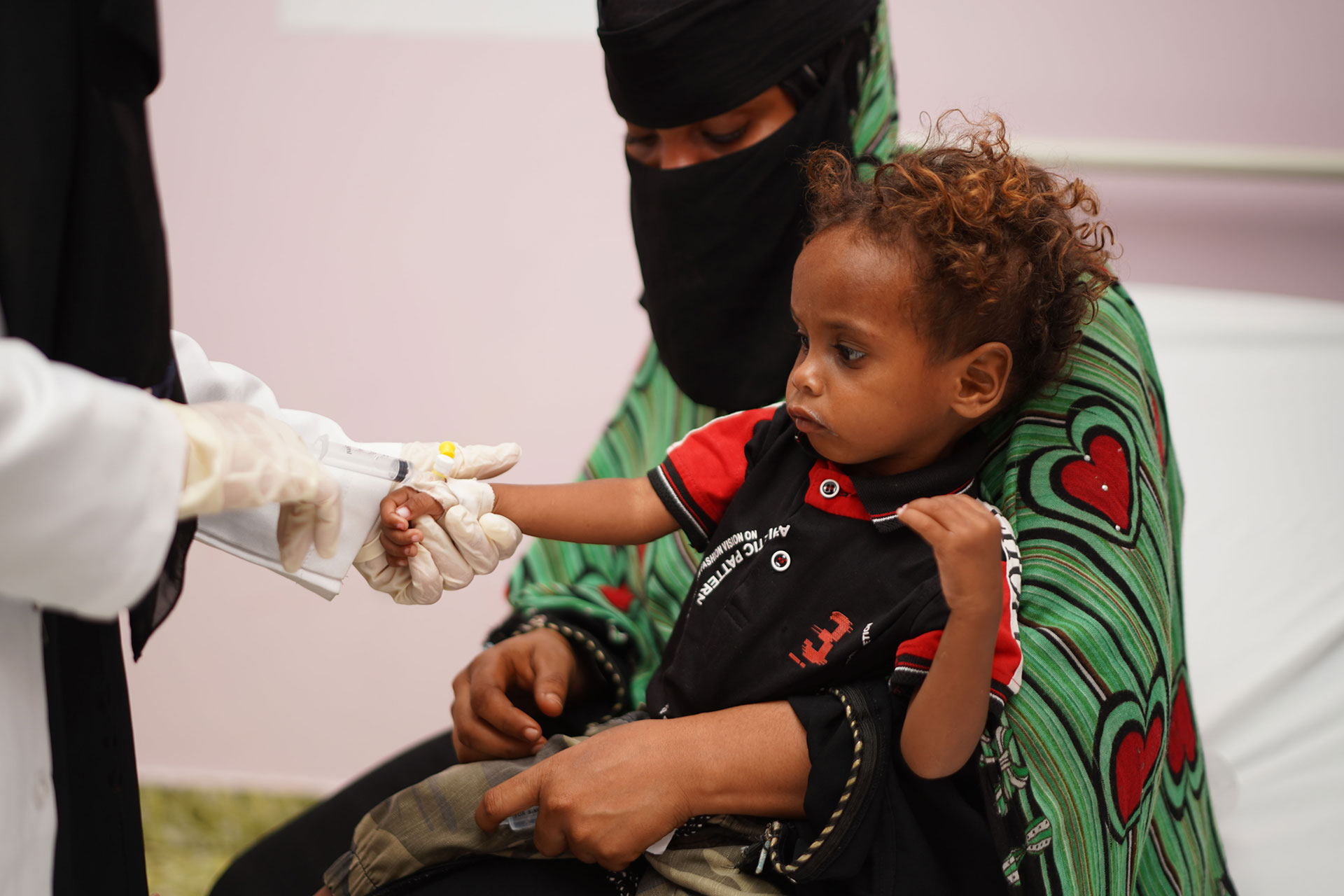 14 July 2025– Field teams from the World Health Organization (WHO) and the Erth Zayed Philanthropies of the United Arab Emirates, and in close coordination with Yemen’s Ministry of Public Health and Population (MoPHP) have completed the first phase of a comprehensive baseline assessment in Socotra Island in Yemen. The multi-phase operation will comprise 4 scheduled field visits over a 1-year period by joint both teams.
14 July 2025– Field teams from the World Health Organization (WHO) and the Erth Zayed Philanthropies of the United Arab Emirates, and in close coordination with Yemen’s Ministry of Public Health and Population (MoPHP) have completed the first phase of a comprehensive baseline assessment in Socotra Island in Yemen. The multi-phase operation will comprise 4 scheduled field visits over a 1-year period by joint both teams.
The assessment is the initial phase of a comprehensive programme in Socotra, aiming over the next two to five years to reduce mortality related to poor health and malnutrition by 20% through an integrated health system strengthening approach. The baseline assessment covered 38 enumeration areas (villages) across the 29 sub-districts of Socotra.
Preliminary results show that 93% of targeted health facilities were surveyed. Data were collected from 4,214 households as part of the household listing process. Field teams conducted over 930 caregiver interviews, and took anthropometric measurement from eligible children and mothers, exceeding the initial target, and facilitated 12 focus group discussions with diverse community groups. All 15 planned key informant interviews with relevant and multi-sectoral stakeholders including local and national authorities, donor and UN agencies were completed. The teams also conducted 546 client exit interviews to gather beneficiary feedback on the services provided, exceeding the initial target.
The baseline assessment will now move into the data cleaning, verification and analysis phase, paving the way for a final report that will reveal the current status of the maternal and child health and nutrition status of the community and health facilities readiness and performance, including for health emergencies preparedness and response to guide evidence-based planning for the next phases of intervention, helping ensure that response activities align with identified community needs and health facilities priorities.
Upcoming stages of the joint project implementation include the procurement and distribution of medical and non-medical supplies, recruitment and deployment of technical experts and service providers, technical training programmes and community awareness campaigns. Activities will be implemented in coordination with WHO, the Ministry of Public Health and Population and other partners, ensuring alignment with national health strategies.
The efforts reflect the UAE’s data-driven humanitarian approach, implemented in partnership with leading international health organizations to create sustainable impact and improve public health indicators among the most vulnerable populations.
WHO remains committed to supporting joint efforts that enhance the resilience of the health system and local communities in Yemen and improve health outcomes for all and will continue to work with local authorities and partners to ensure access to all communities, including those in hard-to-reach areas.




